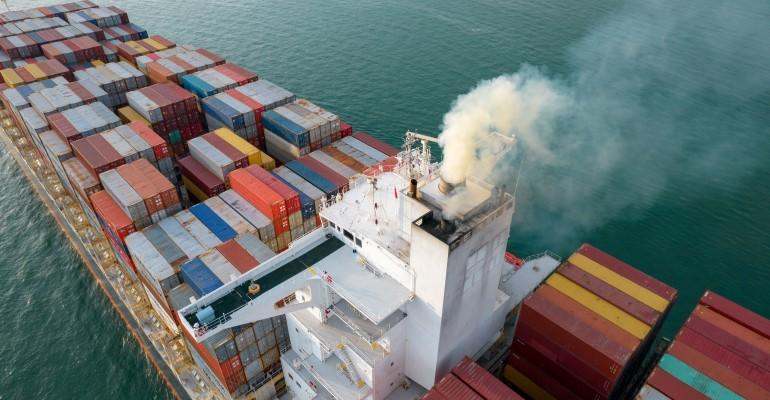Grell cites demarcation of responsibility between owners, managers, and charterers, the buying and selling of EU Allowances (EUAs), charter party terms, and data management, as some of the issues that have not yet been properly addressed by many shipping firms.
“There is a steep learning curve for companies, exacerbated by last-minute changes to the EU ETS that have left shipping scrambling to comply with the regulation,” he declared. “But the industry needs to get up to speed quickly, especially with FuelEU Maritime looming next year and further regulatory changes in the pipeline.”
Related: Houthi Red Sea attacks triple EU ETS costs
Grell has outlined a number of challenges and ways to navigate through the complex regulation. He points to practical issues such as the fact that Maritime Operator Holding Accounts – required to hold EUAs – are still not available in some countries. This despite the fact that shipping companies were allocated Administering Authorities by the EU at the end of January.
He has specific advice for companies in which ships are owned by special purpose vehicles. Ultimately, he says, it is the shipowner that is responsible for emissions under EU law, but in many instances it could be beneficial to delegate responsibility for ETS compliance to the Document of Compliance holder. This is often the technical manager of a vessel who is already responsible for monitoring, reporting and verification (MRV) management.
Related: No return journey from EU ETS
“There are efficiencies to be gained from aligning ETS and MRV responsibilities,” he said, “as it simplifies compliance and leverages existing expertise within your organisation – and we advise prompt action to do so.”
On the approach to acquiring EUAs, Grell identified compliance challenges including fluctuating carbon market prices influenced by external factors including global events, weather patterns, and energy trends. Accessing EUAs and when, where, and how many to buy are other issues.
“The strategy should be pragmatic: buying EUAs as needed, based on operational requirements rather than speculative market movements,” he advised. “And with minor price variations between providers, it’s advisable to establish relationships with one or two trading partners rather than continuously shopping for the lowest price.”
Reference : https://www.seatrade-maritime.com/regulation/oceanscore-boss-warns-ets-compliance-issues

